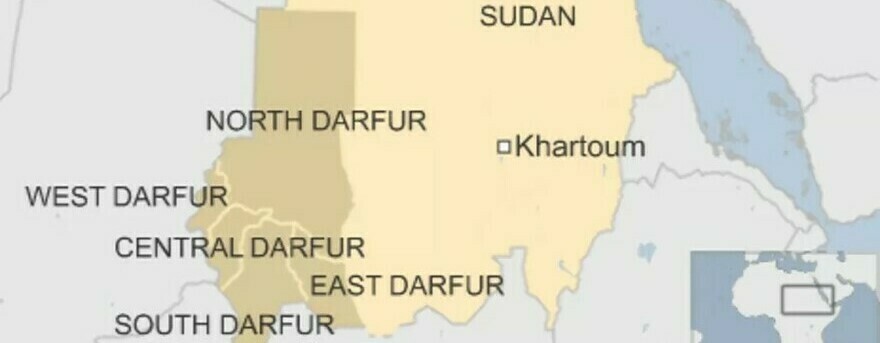Local initiatives are underway in Zalingei, the capital of Central Darfur State, aiming to resume primary and intermediate school education in several non-governmental schools.
Despite challenging service and humanitarian conditions in the state, groups of teachers are determined to return to teaching, even in the face of limited resources and opportunities.
They have established temporary headquarters and rented houses as their schools transformed into shelters for the displaced, with the hope of bringing students back to the classroom.
Speaking to Radio Tamazuj on Wednesday, Teacher Yagoub, the Director of Al-Khalas Private School, shared insights into the initiative’s evolution. He explained that it initially began with strengthening courses and, with the support of families, evolved into classrooms that gained rapid popularity and encouragement.
Yagoub acknowledged the initiative’s challenges, highlighting financial constraints faced by many families. He emphasized, “Many families lack financial capabilities.” Additionally, he pointed out, “As citizens’ commercial and agricultural activities were disrupted and employees’ salaries were absent, this reality reflected negatively on the economic situation of society and cast a shadow on the ability of parents to meet school requirements.”
“Schools have become shelter centers, and now we work in rented premises. It is our responsibility to provide work requirements to run the school in any case and with whatever is available. Our situation would be better if we received any support from humanitarian organizations to remedy the students’ problems resulting from leaving school,” explained Yagoub.
Mustafa Shala, the Director of Al-Najah School, expressed appreciation for the community’s support and interest in the initiative to resume school activities. He emphasized their determination to continue and be regular in their activities despite the difficulties they face. Shala highlighted the significant challenges they encounter, including the lack of classrooms, overcrowding, and immense pressure on the existing classrooms.
Shala shared the statistics of his school, which currently accommodates 700 male and female students. He affirmed his commitment to the initiative, recognizing it as a way to enhance the chances of boys returning to school and prevent them from straying into other dangers.
Adeeb Yousif, another teacher and the director of the People for People Organization supporting the initiative, warned against neglecting the educational process. He highlighted the growing threat of increasing rates of educational loss and the loss of the inclination towards learning among school-age boys. Yousif stated, “Everyone is striving to provide food and medicine in light of this war, but it should not distract them from paying attention to education. We praise the teachers who chose to focus on this very important aspect.”




